#Nonfiction Reading
Photo




Nonfiction Recommendations: Jewish American Heritage Month
Black, White and Jewish by Rebecca Walker
The Civil Rights movement brought author Alice Walker and lawyer Mel Leventhal together, and in 1969 their daughter, Rebecca, was born. Some saw this unusual copper-colored girl as an outrage or an oddity; others viewed her as a symbol of harmony, a triumph of love over hate. But after her parents divorced, leaving her a lonely only child ferrying between two worlds that only seemed to grow further apart, Rebecca was no longer sure what she represented. In this book, Rebecca Leventhal Walker attempts to define herself as a soul instead of a symbol—and offers a new look at the challenge of personal identity, in a story at once strikingly unique and truly universal.
Bad Jews by Emily Tamkin
What does it mean to be a Bad Jew? Many Jews use the term “Bad Jew” as a weapon against other members of the community or even against themselves. You can be called a Bad Jew if you don’t keep kosher; if you only go to temple on Yom Kippur; if you don’t attend or send your children to Hebrew school; if you enjoy Christmas music; if your partner isn’t Jewish; if you don’t call your mother often enough. The list is endless.
In Bad Jews, Emily Tamkin argues that perhaps there is no answer to this timeless question at all. Throughout American history, Jewish identities have evolved and transformed in a variety of ways. American Jewish history is full of discussions and debates and hand wringing over who is Jewish, how to be Jewish, and what it means to be Jewish. In this book, Emily Tamkin examines the last 100 years of American Jewish politics, culture, identities, and arguments. Drawing on over 150 interviews, she tracks the evolution of Jewishness throughout American history, and explores many of the evolving and conflicting Jewish positions on assimilation; race; Zionism and Israel; affluence and poverty, philanthropy, finance, politics; and social justice. From this complex and nuanced history, Tamkin pinpoints perhaps the one truth about American Jewish It is always changing.
Genius & Anxiety by Norman Lebrecht
In a hundred-year period, a handful of men and women changed the way we see the world. Many of them are well known—Marx, Freud, Proust, Einstein, Kafka. Others have vanished from collective memory despite their enduring importance in our daily lives. Without Karl Landsteiner, for instance, there would be no blood transfusions or major surgery. Without Paul Ehrlich, no chemotherapy. Without Siegfried Marcus, no motor car. Without Rosalind Franklin, genetic science would look very different. Without Fritz Haber, there would not be enough food to sustain life on earth.
What do these visionaries have in common? They all had Jewish origins. They all had a gift for thinking in wholly original, even earth-shattering ways. In 1847 the Jewish people made up less than 0.25% of the world’s population, and yet they saw what others could not. How? Why?
Norman Lebrecht has devoted half of his life to pondering and researching the mindset of the Jewish intellectuals, writers, scientists, and thinkers who turned the tides of history and shaped the world today as we know it. In Genius & Anxiety, Lebrecht begins with the Communist Manifesto in 1847 and ends in 1947, when Israel was founded. This robust, magnificent volume, beautifully designed, is an urgent and necessary celebration of Jewish genius and contribution.
People Love Dead Jews by Dara Horn
Renowned and beloved as a prizewinning novelist, Dara Horn has also been publishing penetrating essays since she was a teenager. Often asked by major publications to write on subjects related to Jewish culture—and increasingly in response to a recent wave of deadly antisemitic attacks—Horn was troubled to realize what all of these assignments had in common: she was being asked to write about dead Jews, never about living ones. In these essays, Horn reflects on subjects as far-flung as the international veneration of Anne Frank, the mythology that Jewish family names were changed at Ellis Island, the blockbuster traveling exhibition Auschwitz, the marketing of the Jewish history of Harbin, China, and the little-known life of the "righteous Gentile" Varian Fry. Throughout, she challenges us to confront the reasons why there might be so much fascination with Jewish deaths, and so little respect for Jewish lives unfolding in the present.
Horn draws upon her travels, her research, and also her own family life—trying to explain Shakespeare’s Shylock to a curious ten-year-old, her anger when swastikas are drawn on desks in her children’s school, the profound perspective offered by traditional religious practice and study—to assert the vitality, complexity, and depth of Jewish life against an antisemitism that, far from being disarmed by the mantra of "Never forget," is on the rise. As Horn explores the (not so) shocking attacks on the American Jewish community in recent years, she reveals the subtler dehumanization built into the public piety that surrounds the Jewish past—making the radical argument that the benign reverence we give to past horrors is itself a profound affront to human dignity.
#jewish american heritage month#jewish heritage#judaism#nonfiction#nonfiction books#Nonfiction Reading#history#Reading Recs#reading recommendations#Book Recommendations#book recs#TBR pile#tbr#tbrpile#to read#Want To Read#Booklr#book tumblr#book blog#library blog
36 notes
·
View notes
Text
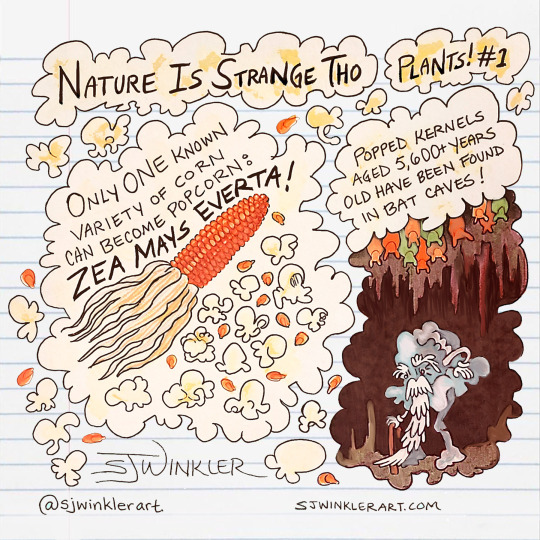
January 19th is National Popcorn Day! I enjoyed learning more about this longtime favorite snack of mine in the first ever Plants edition of Nature Is Strange Tho.
Big thanks to @mikelowerystudio for improving my sketchbook productivity and quality. Subscribe to his website to receive awesome doodle tips and class opportunities!
More Nature Is Strange Tho comics can be found at Soul Sushi Magazine
Learn more about National Popcorn Day at https://nationaltoday.com/national-popcorn-day
#learning is fun#productivity challenge#popcorn#corn#fun facts#comicstrip#history#nonfiction reading#kidlit#kidlitart#scbwiillustrators#scbwi#stem education#nickelodeon#nature#doodles#calendar 2023#picoftheday#sketchbook#content writing
0 notes
Text
instagram
"Speaking with the Dead" excerpt
Elizabeth Fletcher, Wrongdoing Magazine Fall 2021
0 notes
Text
#felt the need to add the only fanfic option cos i know that so many people would put that as fiction#but for this i am mostly interested in purchasing or finding actual published books.#for the purpsoes of this poll comics/graphic novels count in the 'i dont read fiction or nonfiction books' as id classify them as a type
2K notes
·
View notes
Text
The Ocean is terrifying!
Here are some book recommendations to prove it!


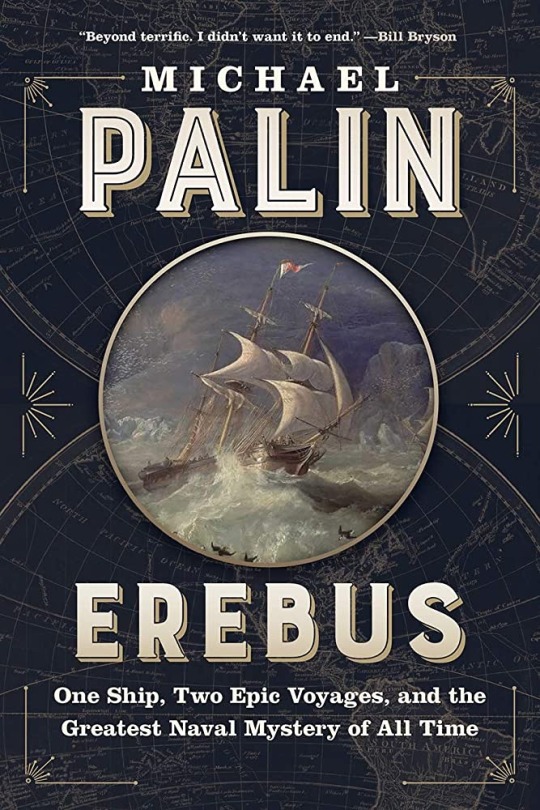



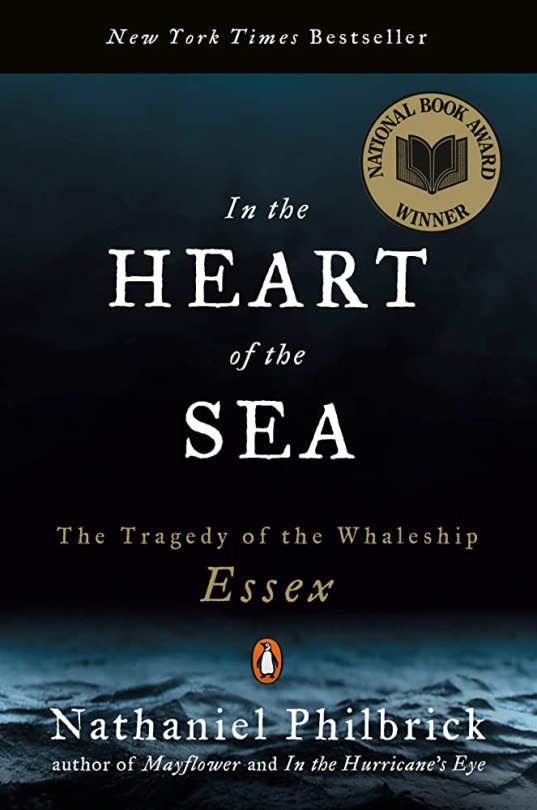

#book recommendations#book rec list#booklr#oceangate#the titanic#titanic#maritime disaster#book recs 2023#now that I have all of your undivided attention - read these!#they are a mix of fiction/historical nonfiction#but all still terrifying!
2K notes
·
View notes
Photo

Alone, But Not Lonely: A Reading List on Being Single
“Someone like me—who remained single for more than a decade in a world devised for couples—is a puzzle to be solved, not a reality to be accepted.”
It may be almost Valentine’s Day, but that doesn’t me we can’t celebrate the singles out there. Clare Egan’s new #longreads reading list is all about the joys of not having a partner. Read it here.
880 notes
·
View notes
Text
What does “thinking of you” mean? It means: forgetting “you” (without forgetting, life itself is not possible) and frequently waking out of that forgetfulness.
Roland Barthes, A Lover's Discourse: Fragments (translated by Richard Howard)
446 notes
·
View notes
Text

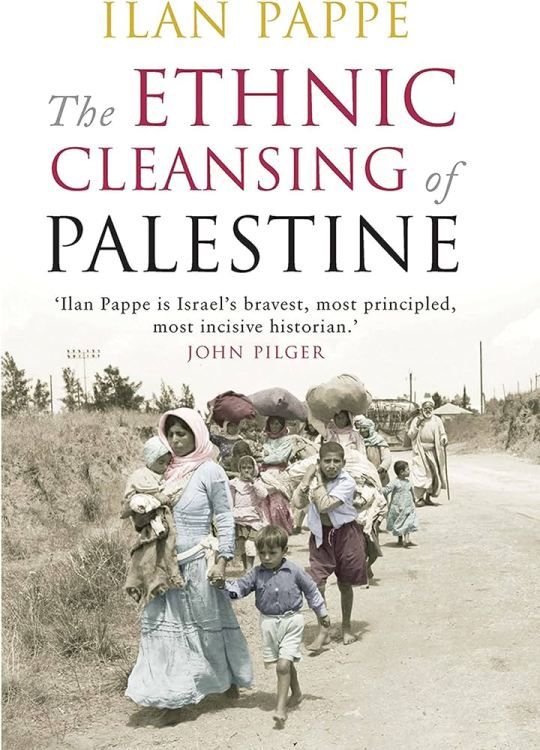
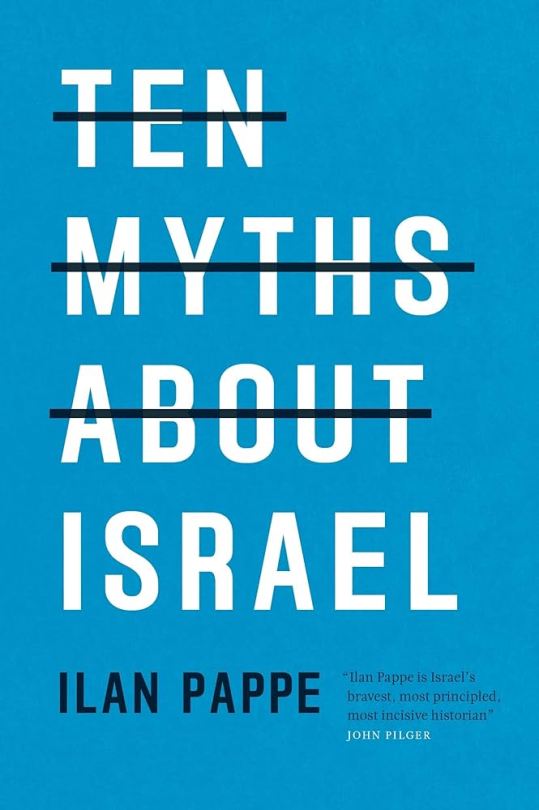
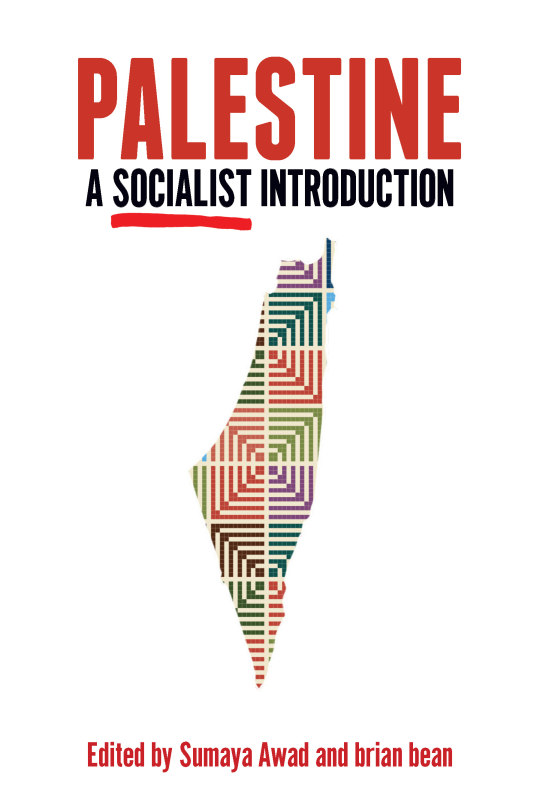

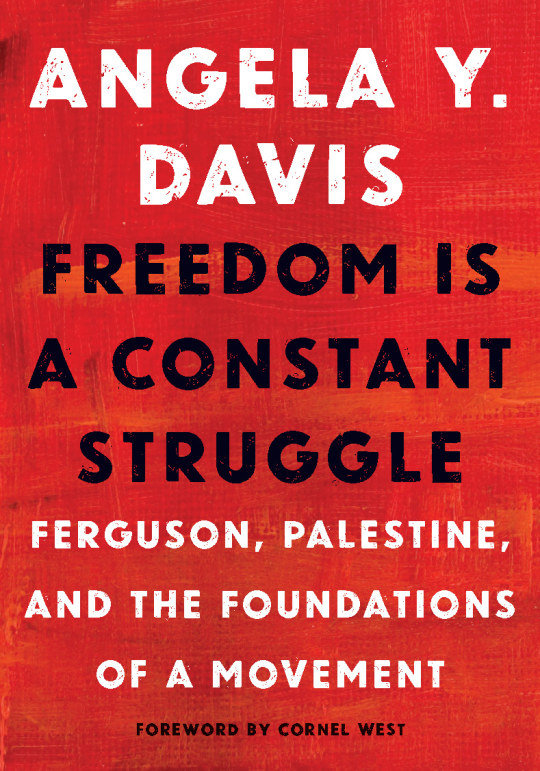
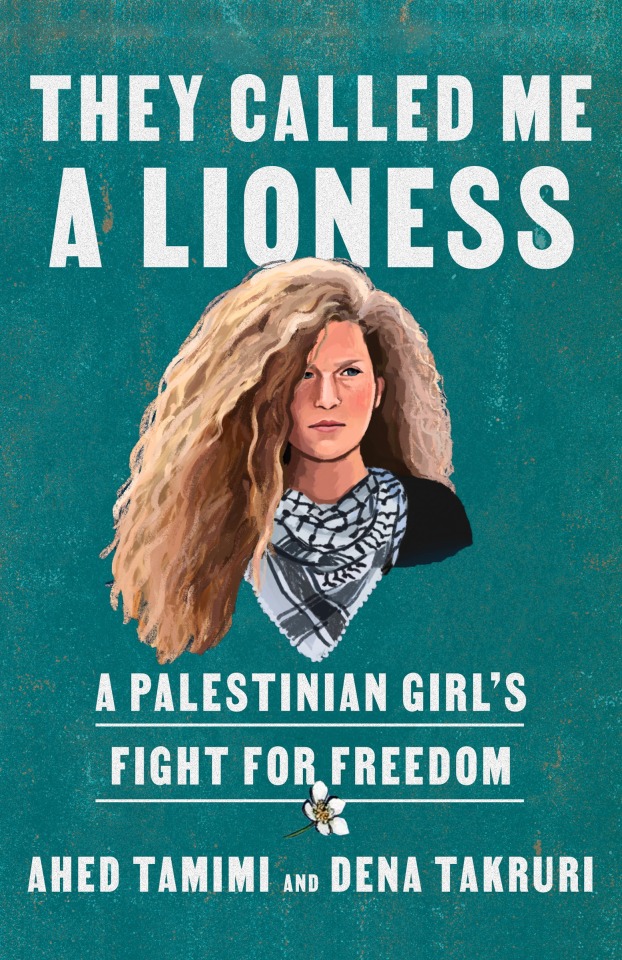


I don't post much about nonfiction on here, but considering the strike this week I thought I'd share some of the books I've read on Palestine/Gaza in the last couple months. I got these for free from haymarket books & verso books (or my library). I recommend picking up some if not all of these.
The Hundred Years War on Palestine & The Ethnic Cleansing of Palestine go into the last 100 years of Palestine's history and occupation
Ten Myths About Israel gives a bit of an more brief overview centred around Israeli propaganda
A Socialist Revolution and BDS go into history & freedom/rights movements & institutional boycotts, in Palestine and globally
Freedom Is A Constant Struggle connects Palestinian liberation movements with Ferguson and Black liberation in the US
They Called Me A Lioness is about the experiences of Palestinians in the West Bank, and a teen girls' 8 month imprisonment
Light In Gaza is various essays on different elements of oppression, resistance, and life in Gaza
The Palestine Laboratory is about Israel's military tech being developed & tested on Palestinians and how it's used all around the world.
Palestinian Walks: Forays Into a Vanishing Landscape: about how the occupation has changed the land over time and the effects of this
#free palestine#if you find nonfiction hard to read try find an audiobook i find i absorb things much better in audio 👍#I actually only just started the last one but#(I'm not great at summarising things but hopefully these make sense)
518 notes
·
View notes
Text
We ask your questions so you don’t have to! Submit your questions to have them posted anonymously as polls.
#polls#incognito polls#anonymous#tumblr polls#tumblr users#questions#reading#bookblr#books#nonfiction#mental voice#polls about interests#polls about brains#submitted nov 7
611 notes
·
View notes
Photo




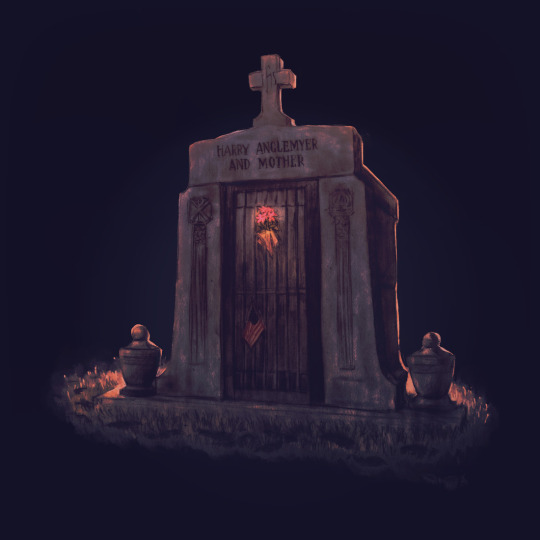
Copper Kettle sold the best fudge on the Jersey Shore—and after its owner's body was found stuffed in a car, his murder went unsolved for decades. Things change, though.
Atavist issue no. 143, WHO KILLED THE FUDGE KING?, is now available.
But a cohort of Ocean City residents insisted that the answers were right there for anyone who bothered to look. They believed that a toxic brew of prejudice, rage, and power had doomed the Fudge King.
I agreed, and thought that the story might make a great screenplay—a kind of South Jersey noir or David Lynch fantasia, where the flowers are pretty above the surface but gnarly worms lurk just below. Yet, soon I was hooked more deeply by the story of a fellow gay man living a relatively out life in the town where my family had spent our summer vacations. Someone whose reward for trying to yank Ocean City into the future was to become a target of hate and hypocrisy.
610 notes
·
View notes
Photo

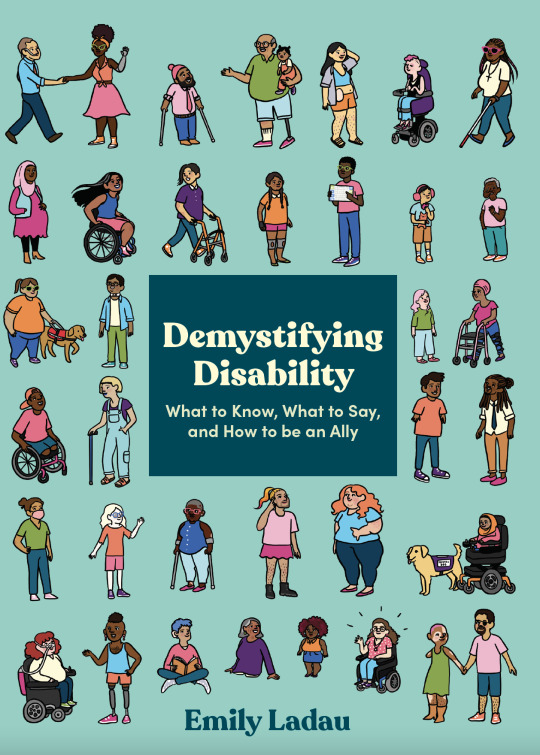
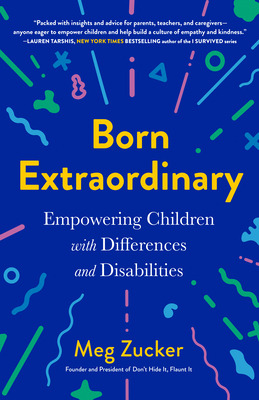

Disability Pride Month: Nonfiction Recommendations
A Disability History of the United States by Kim E. Nielsen
Disability is not just the story of someone we love or the story of whom we may become; rather it is undoubtedly the story of our nation. Covering the entirety of US history from pre-1492 to the present, A Disability History of the United States is the first book to place the experiences of people with disabilities at the center of the American narrative. In many ways, it’s a familiar telling. In other ways, however, it is a radical repositioning of US history. By doing so, the book casts new light on familiar stories, such as slavery and immigration, while breaking ground about the ties between nativism and oralism in the late nineteenth century and the role of ableism in the development of democracy.
A Disability History of the United States pulls from primary-source documents and social histories to retell American history through the eyes, words, and impressions of the people who lived it. As historian and disability scholar Nielsen argues, to understand disability history isn’t to narrowly focus on a series of individual triumphs but rather to examine mass movements and pivotal daily events through the lens of varied experiences. Throughout the book, Nielsen deftly illustrates how concepts of disability have deeply shaped the American experience—from deciding who was allowed to immigrate to establishing labor laws and justifying slavery and gender discrimination. Included are absorbing—at times horrific—narratives of blinded slaves being thrown overboard and women being involuntarily sterilized, as well as triumphant accounts of disabled miners organizing strikes and disability rights activists picketing Washington.
Demystifying Disability by Emily Ladau
An approachable guide to being a thoughtful, informed ally to disabled people, with actionable steps for what to say and do (and what not to do) and how you can help make the world a more accessible, inclusive place.
Disabled people are the world’s largest minority, an estimated 15 percent of the global population. But many of us–disabled and non-disabled alike–don’t know how to act, what to say, or how to be an ally to the disability community. Demystifying Disability is a friendly handbook on important disability issues you need to know about, including:
• How to appreciate disability history and identity
• How to recognize and avoid ableism (discrimination toward disabled people)
• How to be mindful of good disability etiquette
• How to appropriately think, talk, and ask about disability
• How to ensure accessibility becomes your standard practice, from everyday communication to planning special events
• How to identify and speak up about disability stereotypes in media
Authored by celebrated disability rights advocate, speaker, and writer Emily Ladau, this practical, intersectional guide offers all readers a welcoming place to understand disability as part of the human experience.
Born Extraordinary by Meg Zucker
Meg Zucker was born with one finger on each hand, shortened forearms, and one toe on each misshapen foot, caused by a genetic condition called ectrodactyly. She would eventually pass this condition on to her two sons, and, along with her husband, raise them and their adopted daughter, who has her own invisible differences. Born of the family’s hard-won experiences, this book offers invaluable advice on raising confident, empathetic, and resilient children who succeed, not despite but because of their differences.
Born Extraordinary helps parents of children with differences and disabilities to relinquish their instinctive anxieties, embrace their new normal, and ultimately find joy in watching their children thrive. Often the subjects of unwanted attention—ranging from pitying stares to bullying—Zucker and her sons have learned to ignore what others think and live fearlessly. Also incorporating the stories of other families with visible and invisible differences of all kinds, Born Extraordinary gives parents the tools to meet their children’s emotional needs while supporting the whole family unit. Parents learn how best to empower their children to confront others’ assumptions, grow in confidence, and encourage dialogue—rather than silence, fear, and shame—around difference.
Enabling Acts by Lennard J. Davis
The Americans with Disabilities Act (ADA) is the widest-ranging and most comprehensive piece of civil rights legislation ever passed in the United States, and it has become the model for disability-based laws around the world. Yet the surprising story behind how the bill came to be is little known.
In this riveting account, acclaimed disability scholar Lennard J. Davis delivers the first on-the-ground narrative of how a band of leftist Berkeley hippies managed to make an alliance with upper-crust, conservative Republicans to bring about a truly bipartisan bill. Based on extensive interviews with all the major players involved including legislators and activists, Davis recreates the dramatic tension of a story that is anything but a dry account of bills and speeches. Rather, it’s filled with one indefatigable character after another, culminating in explosive moments when the hidden army of the disability community stages scenes like the iconic “Capitol Crawl” or an event when students stormed Gallaudet University demanding a “Deaf President Now!”
From inside the offices of newly formed disability groups to secret breakfast meetings surreptitiously held outside the White House grounds, here we meet countless unsung characters, including political heavyweights and disability advocates on the front lines. “You want to fight?” an angered Ted Kennedy would shout in an upstairs room at the Capitol while negotiating the final details of the ADA. Congressman Tony Coelho, whose parents once thought him to be possessed by the devil because of his epilepsy, later became the bill’s primary sponsor. There’s Justin Dart, adorned in disability power buttons and his signature cowboy hat, who took to the road canvassing 50 states, and people like Patrisha Wright, also known as “The General,” Arlene Myerson or “the brains,” “architect” Bob Funk, and visionary Mary Lou Breslin, who left the hippie highlands of the West to pursue equal rights in the marble halls of DC.
#disability pride month#disabilities#social justice#history#nonfiction#nonfiction reads#nonfiction books#Nonfiction Reading#Library Books#Book Recommendations#book recs#Reading Recs#reading recommendations#TBR pile#tbr#tbrpile#to read#Want To Read#Booklr#book tumblr#book blog#library blog
14 notes
·
View notes
Text
modern au katara reads books “for fun” that are “engaging” and “enjoyable” and sokka (big finnegan’s wake head) is like “weak. i only read books that exacerbate my suicidal tendencies”
#i too only ever want to read books i find enjoyable fwiw but because i find most pop lit unbearable i do sound like sokka to people#who do not understand that reading shakespeare to me is like comfort food#sokkas hobbies much like everything else are filled with self inflicted struggle and anguish#he only wants to read the densest least acceissble literature (fiction & nonfiction) he can get his hands on#if he’s not in pain when ostensibly reading for pleasure then something is WRONG#modern au#katara#sokka#katara&sokka#i do think katara is also a big reader though#she’ll read anything and everything#nonfiction romance sff ‘classics’ etc etc#but then sokka is like ‘well audiobooks are cheating. actually’#and she throws a rock at his head killing him instantly#(he doesn’t even believe that bc he reads aloud to toph constantly he just wanted to provoke her into throwing a rock at his head.)
537 notes
·
View notes
Text

32nd Book I Read in 2024
Title: Female Husbands
Author: Jen Manion
Notes: Bought this at Gay's The Word in London during a weekend trip last spring, but didn't get around to reading it until now. Such a great book though! Never knew about this part of trans history before and I am so happy I finally read it.
#Female Husbands#Jen Manion#trans#transgender#lgbtq#nonfiction#queer#queer history#book#books#bookblr#reading#2024#english#engelska
179 notes
·
View notes
Text
My top 10 nonfiction reads of 2023 (the asterisked ones are in French with no translation as of yet) :
Belle Greene, Alexandra Lapierre
The Indomitable Marie-Antoinette, Simone Bertière
Reporter: A Memoir, Seymour Hersh
Red Carpet: Hollywood, China and the Global Battle for Cultural Supremacy, Erich Schwartzel
Empire of Pain: The Secret History of the Sackler Dynasty, Patrick Keefe
Servir les riches, Alizée Delpierre*
La Comtesse Greffulhe : L’ombre des Guermantes, Laure Hillerin*
Le Courage de la nuance, Jean Birnbaum*
The Book Collectors of Daraya, Delphine Minoui
Flowers of Fire: The Inside Story of South Korea's Feminist Movement, Hawon Jung
#book recs#i haven't finished the last one yet but it's been good so far! i really admire these women's resilience and solidarity#some inspiring stories of political activism + insight into aspects of korean history i didn't know about#i wanted to do a half-fiction half-nonfiction list like last year but i've read mostly disappointing fiction this year :(#my favourites were probably kivirähk's the man who spoke snakish & catherynne valente's radiance; though it wasn't as good as orphan tales#i'm reading jacques abeille's les jardins statuaires right now and it's quite frustrating because on the one hand#it's well-written and interesting with original worldbuilding. on the other i'm 300 pages in and there have been#2 female characters. the purpose of both (so far) was to have sex with the male protagonist and only 1 has a name#which makes the read feel less original and more ''same old shit as far as i'm concerned''
267 notes
·
View notes
Text
wip game!
rules: share a few lines or a snippet that sums up the main relationship(s) in your wip
i was tagged by @ash-and-starlight (thank you!) and you can see her version here~

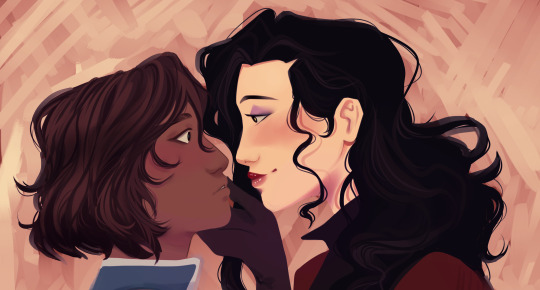
ids in alt text. tagging @chitsangenthusiast @longhairsokka @yayee-prsp and @bisexuallsokka if they want to participate!
#thank you ash for tagging me :))#mywips#korrasami fanart#zukka fanart#zukka#korrasami#i just...think zuko deserves a hug. All the hugs#so many things have been going on so ive been having fun drawing gay self indulgence#i have some other projects im working on but these were the best wips#i've been drawing a bit less and been reading recently#getting back into some more non-nonfiction and it's been really fun to read just fun and interesting queer books
655 notes
·
View notes
Text
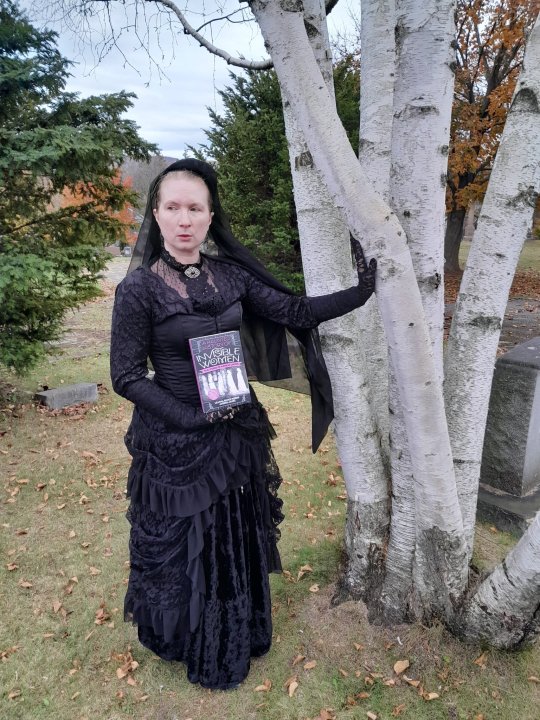
HELLO!
(Yes, this is me as Sarah Winchester for Halloween. Also, yes, this is pretty much my general wardrobe give or take a lace layer. Yes, I wrote a long chapter in this book about Sarah Winchester because I really love her and find her to be fundamentally misunderstood.)
I just wanted to drop by and say it's still Women's History Month and it's still a GREAT time to read about historical women and how their stories resonate with us today. BONUS: you can do this through ghost lore! Here's how!
A HAUNTED HISTORY OF INVISIBLE WOMEN: TRUE STORIES OF AMERICA'S GHOSTS examines women's history by using ghost stories; unpacking how we talk about women, alive and dead. Available wherever books are sold, in paperback, audio and digital! Retailer links here!
Word-of-mouth is so important for books like ours, so if this book interests you, could you please share? Thanks so much and Happy Haunting!
#gothic#goth#victorian#ghosts#ahauntedhistoryofinvisiblewomen#haunted history#history#historical#womens history#womens rights#womens history month#non fiction#nonfiction#haunted house#haunting#spooky#ghost stories#spirits#womens issues#goth aesthetic#goth girl#gothgoth#romantic goth#gothic aesthetic#elder goth#spooky reads#dark academia#dark aesthetic
158 notes
·
View notes